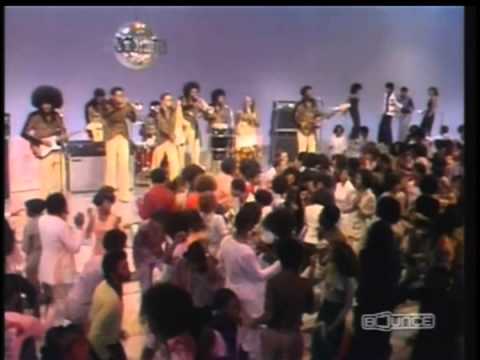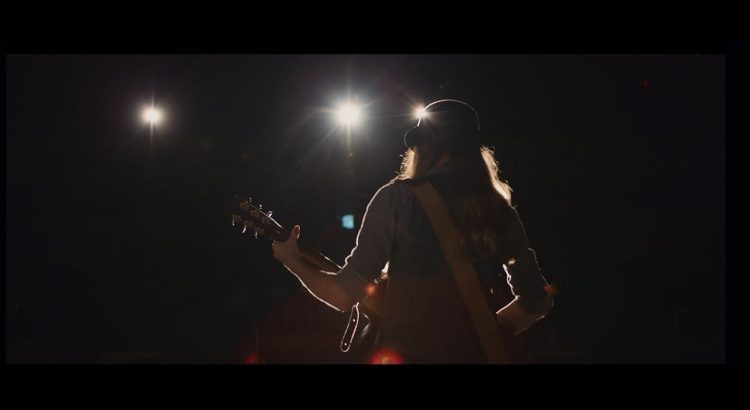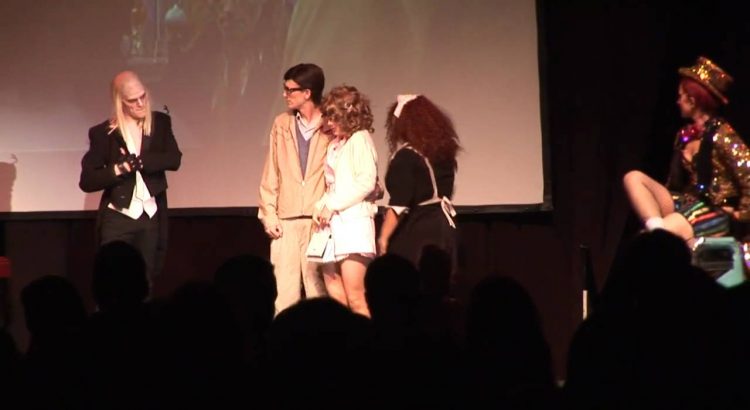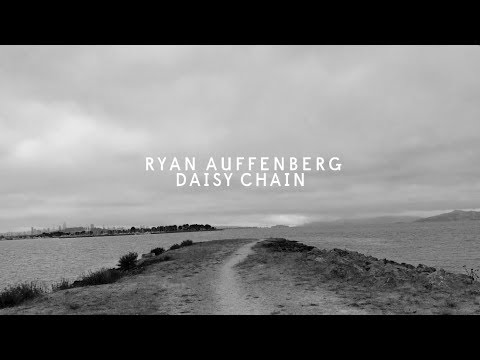I’m going to share something with you. My wife doesn’t even know this story.
When I was 7 or 8 years old, an older boy in my neighborhood tried to force me to suck his dick.
There were these woods adjacent to my back yard. There were tons of bike trails and a giant oak tree that we would climb. There was also this underground bunker-type thing, a dirt cellar of sorts, that was hollowed out over time. That’s where it happened. I was in there, surrounded by his friends, and he’s saying, “Come on, suck my dick.” He’s got it out and everything. I couldn’t run from this.
I was terrified. I was convinced that if I didn’t do what he said, they were going to beat me within an inch of my life. This kid was mean. His whole family was mean. I had no reason to believe that this wasn’t going to end with an ass kicking.
And because of that, I nearly did it.
But at the last minute, I tried to bribe my way out of it with popsicles. If I get you guys a treat, will you let me go?
Amazingly, it worked. And I’m pretty sure I came back with popsicles for all of them.
I never told a soul. Remember, I’m 7 or 8 years old – I’m too young to process this in an adult, nuanced manner. I was fearful of retaliation if I told my mom what had happened. Also, I was ashamed for allowing myself to be in that position in the first place, like I had deserved it somehow.
Now I’m watching Dr. Christine Blasey Ford get eviscerated by people who don’t know her, saying the worst, most unthinkable things about her.
These people accusing Dr. Ford of lying have no idea how hard it was for her to do what she just did. And good for them that they have no idea. It means that they have lived trauma-free lives, which is the dream.
But I know how hard it was.
And to think: I’m one of the lucky ones. I was only threatened with abuse. I wasn’t physically abused at all.
It sure feels like I was, though.
Before writing this, I shared this story with three high school classmates, after one of them shared a meme joking about how Dr. Ford should win an Oscar for Best Actress. (As you might imagine, I was not amused by that.) They wanted to know the name of the person who did this. And at first, I didn’t want to tell them. “Why protect the fucker now?” one of them asked, which, on the surface, is a perfectly fair question. Why am I protecting him now?
The answer to that, of course, is terribly complicated.
After a quick search (Facebook, Google), I’ve learned that he runs a small shop outside of the town in which we grew up. He doesn’t appear to have been in trouble with the law. And with regard to the incident in question, he likely has one of two positions:
1. He doesn’t remember it
2. He remembers it, is deeply ashamed of what he did, and hopes to God that I don’t out him
I suppose there’s a third option.
3. He remembers it, but doesn’t regret it.
Let’s analyze all three possibilities.
He Doesn’t Remember
I’d say there’s a 50% chance this is the case. We were young, after all, and I have no idea how commonplace this sort of thing was in his life. For all I know, that was a normal Tuesday for him, and he let the memory go ages ago.
He Regrets It
I can only hope that this is the right answer, that at some point in adulthood, he took an honest assessment of his life and thought, “Wow, that was a shitty thing to do.” I would like to think that, if we crossed paths, he would pull me aside and apologize profusely for that day.
He Doesn’t Regret It
I’d put this one at about a 1% likelihood, because that would mean he’s a psychopath, and therefore far more likely to have a criminal record which, again, he doesn’t appear to have. (You’ll understand if I didn’t spend a lot of time, and no money, researching his life. I want to know as little as I possibly can.)
So, to summarize, low-profile dude did unspeakably awful thing to me when we were kids. And I’m going to keep it to myself.
HOWEVER…
If I discover that he’s seeking a position of authority, and can use the law to rule over vulnerable members of society, I will speak up. Up to now, he’s only hurt me (that I know of). If he ascends to a position that would allow him to hurt others, I cannot remain silent while that happens, even though it would be devastating for me. Like Dr. Ford, I would be called partisan and a liar (and worse). It would also be incredibly easy for someone to discredit me, too. “Were you 7, or were you 8? If you’re unsure about that, what else are you unsure about?” My story is basically impossible to prove. But that doesn’t make it any less real.
The bottom line is this: there are a number of reasons why someone might wait years or even decades to tell a traumatic story, and they have absolutely nothing to do with you. It doesn’t matter, one bit, whether you agree with the timing of when the story is told. When they tell their story, listen to them, and know that they are dying on the inside while telling it.
Lastly, thank your lucky fucking stars that you don’t have a similar story to share.













 Sharr White’s The True, now playing at the Pershing Square Signature Center, will have you consulting Wiki or other sources to fill in a few details. Erastus Corning II, the Albany mayor at the center of the show, was the great-grandson of the industrial titan, and the son and nephew of distinguished New York politicians. He is the city’s longest-serving mayor to date, in office from Roosevelt (1942) to Reagan (1983, his death). With him in charge the Albany political machine ran smoothly for Democrats.
Sharr White’s The True, now playing at the Pershing Square Signature Center, will have you consulting Wiki or other sources to fill in a few details. Erastus Corning II, the Albany mayor at the center of the show, was the great-grandson of the industrial titan, and the son and nephew of distinguished New York politicians. He is the city’s longest-serving mayor to date, in office from Roosevelt (1942) to Reagan (1983, his death). With him in charge the Albany political machine ran smoothly for Democrats.